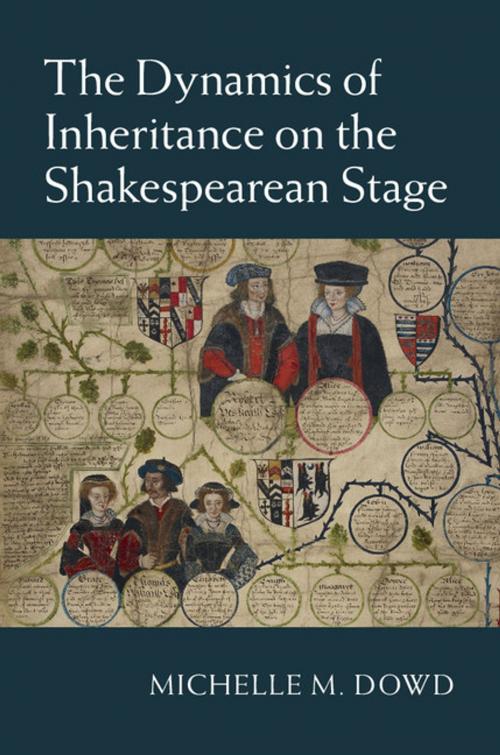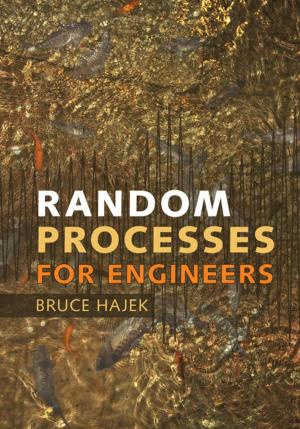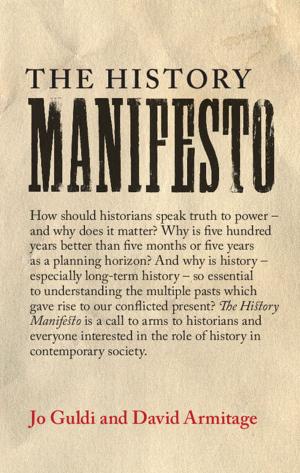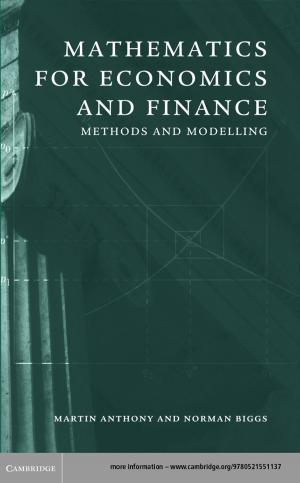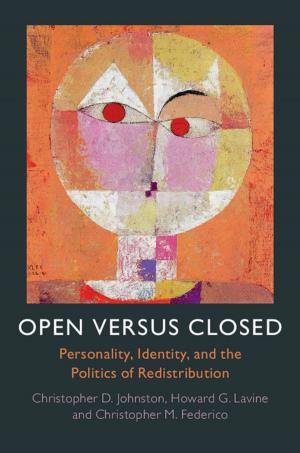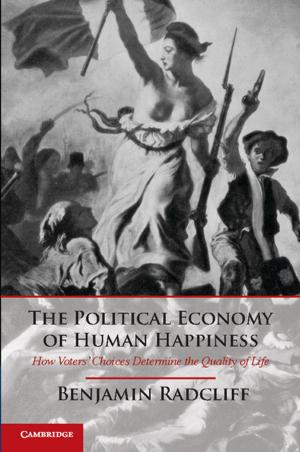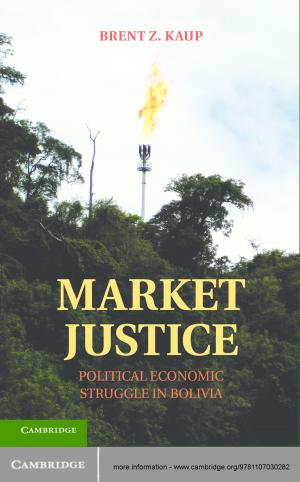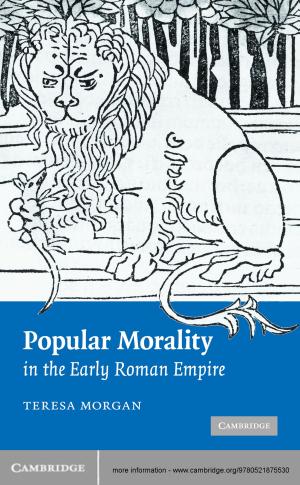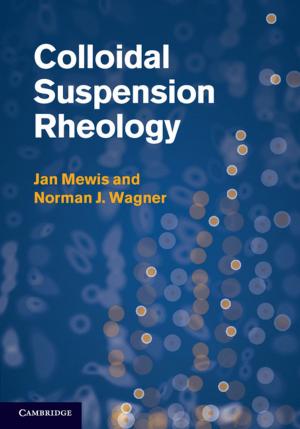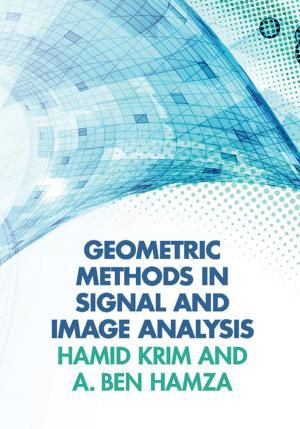The Dynamics of Inheritance on the Shakespearean Stage
Fiction & Literature, Literary Theory & Criticism, British, Nonfiction, History| Author: | Michelle M. Dowd | ISBN: | 9781316290125 |
| Publisher: | Cambridge University Press | Publication: | May 19, 2015 |
| Imprint: | Cambridge University Press | Language: | English |
| Author: | Michelle M. Dowd |
| ISBN: | 9781316290125 |
| Publisher: | Cambridge University Press |
| Publication: | May 19, 2015 |
| Imprint: | Cambridge University Press |
| Language: | English |
Early modern England's system of patrilineal inheritance, in which the eldest son inherited his father's estate and title, was one of the most significant forces affecting social order in the period. Demonstrating that early modern theatre played a unique and vital role in shaping how inheritance was understood, Michelle M. Dowd explores some of the common contingencies that troubled this system: marriage and remarriage, misbehaving male heirs, and families with only daughters. Shakespearean drama helped question and reimagine inheritance practices, making room for new formulations of gendered authority, family structure, and wealth transfer. Through close readings of canonical and non-canonical plays by Shakespeare, Webster, Jonson, and others, Dowd pays particular attention to the significance of space in early modern inheritance and the historical relationship between dramatic form and the patrilineal economy. Her book will interest researchers and students of early modern drama, Shakespeare, gender studies, and socio-economic history.
Early modern England's system of patrilineal inheritance, in which the eldest son inherited his father's estate and title, was one of the most significant forces affecting social order in the period. Demonstrating that early modern theatre played a unique and vital role in shaping how inheritance was understood, Michelle M. Dowd explores some of the common contingencies that troubled this system: marriage and remarriage, misbehaving male heirs, and families with only daughters. Shakespearean drama helped question and reimagine inheritance practices, making room for new formulations of gendered authority, family structure, and wealth transfer. Through close readings of canonical and non-canonical plays by Shakespeare, Webster, Jonson, and others, Dowd pays particular attention to the significance of space in early modern inheritance and the historical relationship between dramatic form and the patrilineal economy. Her book will interest researchers and students of early modern drama, Shakespeare, gender studies, and socio-economic history.
